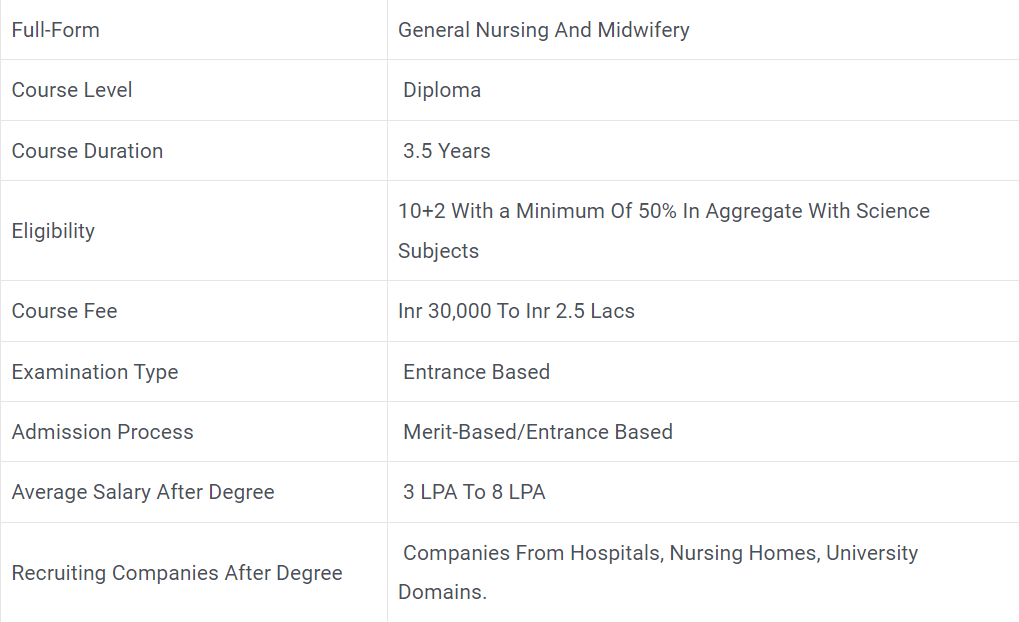Table of Contents
ToggleUnlocking Opportunities: Paramedical Courses in Delhi and Career Paths

Are you considering a career in healthcare but not sure where to start? Look no further! In this comprehensive guide, we’ll walk you through everything you need to know about paramedical courses in Delhi, India, including salary prospects for each profession.
Introduction: Paramedical courses offer a diverse range of opportunities for individuals passionate about healthcare. From diagnostic services to therapeutic care, paramedics play a crucial role in the healthcare system. Delhi, being the capital city of India, provides excellent educational opportunities in the field of paramedical sciences.
Why Choose Paramedical Courses in Delhi? Delhi boasts top-notch educational institutions offering paramedical courses accredited by recognized bodies. These institutions provide state-of-the-art facilities, experienced faculty, and practical training, ensuring students receive a comprehensive education. Additionally, the career prospects and salaries in the field of paramedical sciences are highly promising in Delhi.
Popular Paramedical Courses in Delhi and Salary Prospects:
Bachelor of Science (B.Sc.) in Medical Laboratory Technology (MLT): Medical Laboratory Technicians play a vital role in healthcare by conducting various diagnostic tests. In Delhi, fresh graduates in MLT can expect starting salaries ranging from INR 15,000 to INR 25,000 per month. With experience, salaries can increase to INR 50,000 per month or more.
Diploma in Radiography and Imaging Technology: Radiographers are responsible for performing diagnostic imaging examinations. In Delhi, entry-level radiographers typically earn between INR 20,000 to INR 30,000 per month. Experienced professionals can earn upwards of INR 60,000 per month.
Bachelor of Physiotherapy (BPT): Physiotherapists help patients recover from injuries and improve their physical health. In Delhi, starting salaries for physiotherapists range from INR 25,000 to INR 35,000 per month. Experienced professionals can earn upwards of INR 70,000 per month.
Diploma in Operation Theatre Technology (OTT): Operation Theatre Technicians assist surgeons during surgical procedures. In Delhi, entry-level OT technicians can expect salaries between INR 18,000 to INR 25,000 per month, with experienced professionals earning up to INR 45,000 per month.
Bachelor of Occupational Therapy (BOT): Occupational Therapists help individuals develop or regain skills for daily living and working. In Delhi, starting salaries for occupational therapists range from INR 20,000 to INR 30,000 per month, with experienced professionals earning between INR 40,000 to INR 60,000 per month.
Diploma in Optometry: Optometrists provide vision care services, including vision testing and prescribing corrective lenses. In Delhi, fresh optometry graduates can expect starting salaries of INR 15,000 to INR 25,000 per month. Experienced optometrists may earn salaries ranging from INR 30,000 to INR 50,000 per month.
Admission Process: Admission to paramedical courses in Delhi typically involves fulfilling eligibility criteria such as educational qualifications and entrance examinations. Prospective students are advised to check the specific requirements of each institution before applying.
Career Opportunities and Conclusion: Embarking on a career in paramedical sciences in Delhi opens doors to a rewarding and fulfilling profession in healthcare. With the right education and training, you can make a meaningful difference in the lives of others while enjoying competitive salaries and career growth opportunities.

- Trends in Primary CareTrends reflect the evolving landscape of primary care fields, driven by advances in health care, changing patient needs, and an increasing emphasis on providing quality, patient-centered care.Candidates can check the upcoming trends that are expected to change the paramedic career of the candidates in the future.
- Technology integration: The use of telemedicine, mobile health apps, and wearable devices improves patient monitoring, communication, and access to health care.
- Personalized and Preventive Health Care: Move toward personalized treatment plans and proactive health interventions aimed at preventing disease and promoting wellness.
- Trauma-informed care: Adopting trauma-informed approaches to better understand and respond to the needs of patients who have experienced trauma, promoting a supportive and empathetic care environment.
- Evidence-Based Practices: Emphasis on incorporating research findings and best practices into emergency nursing to ensure that interventions are effective, efficient and based on the latest scientific evidence..

Leave a Reply